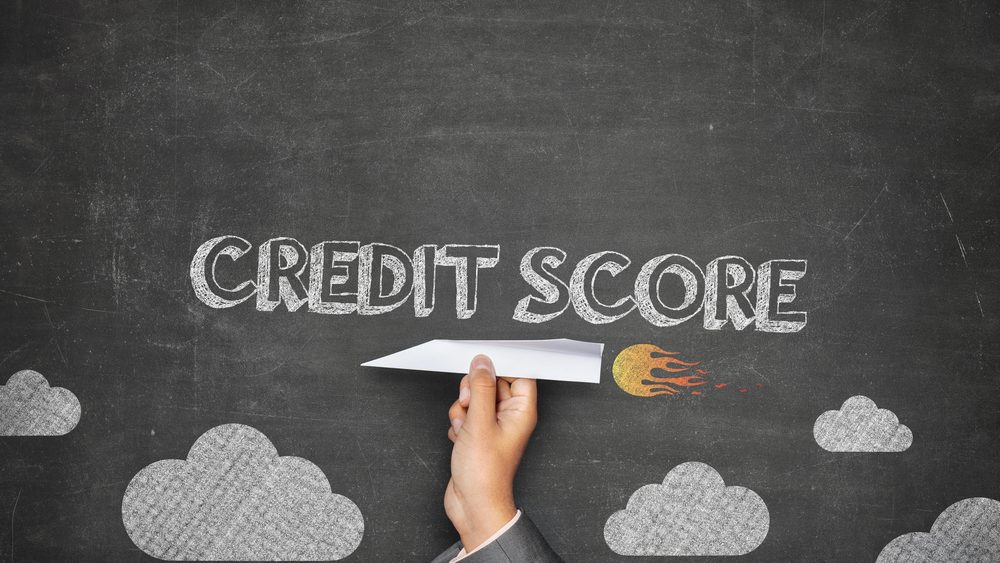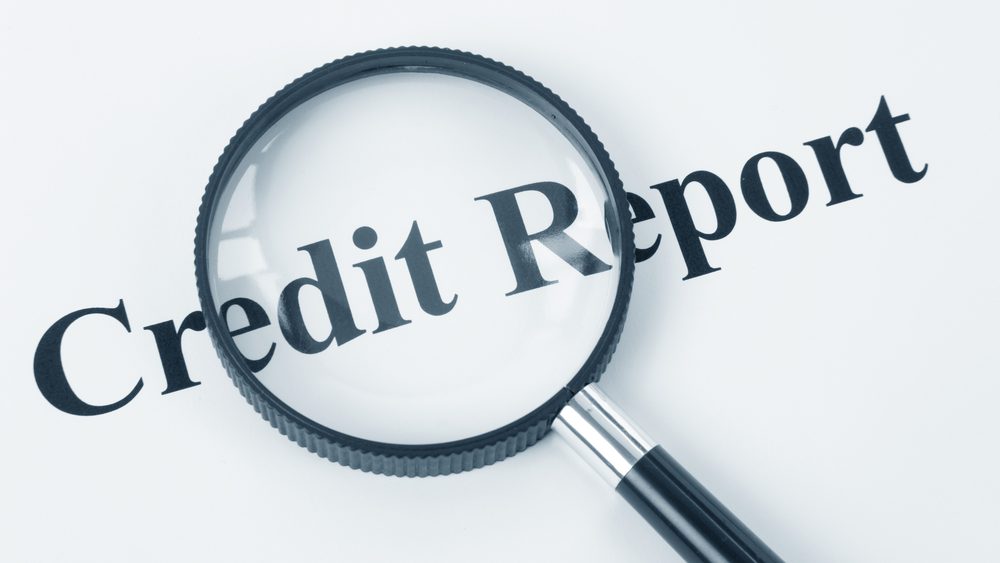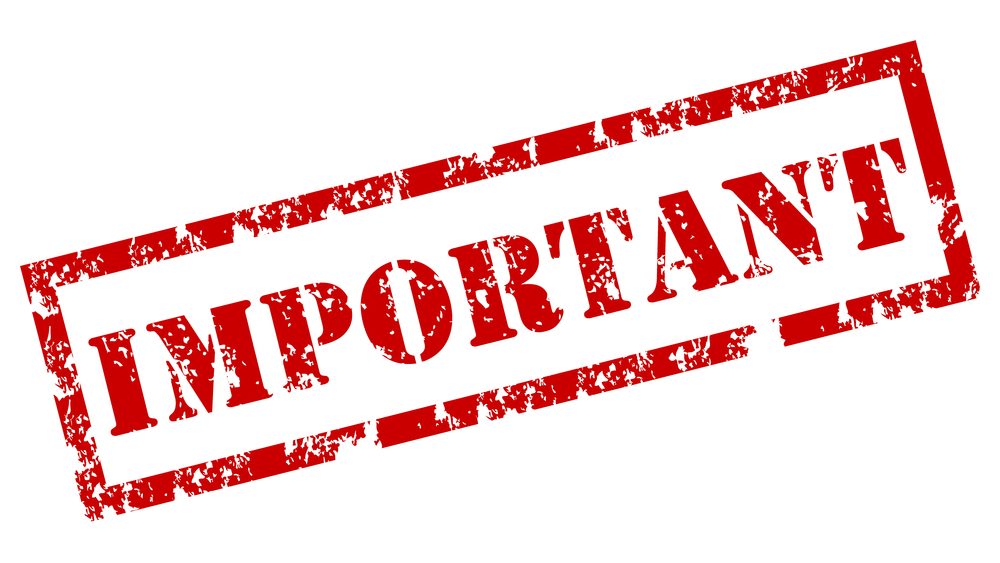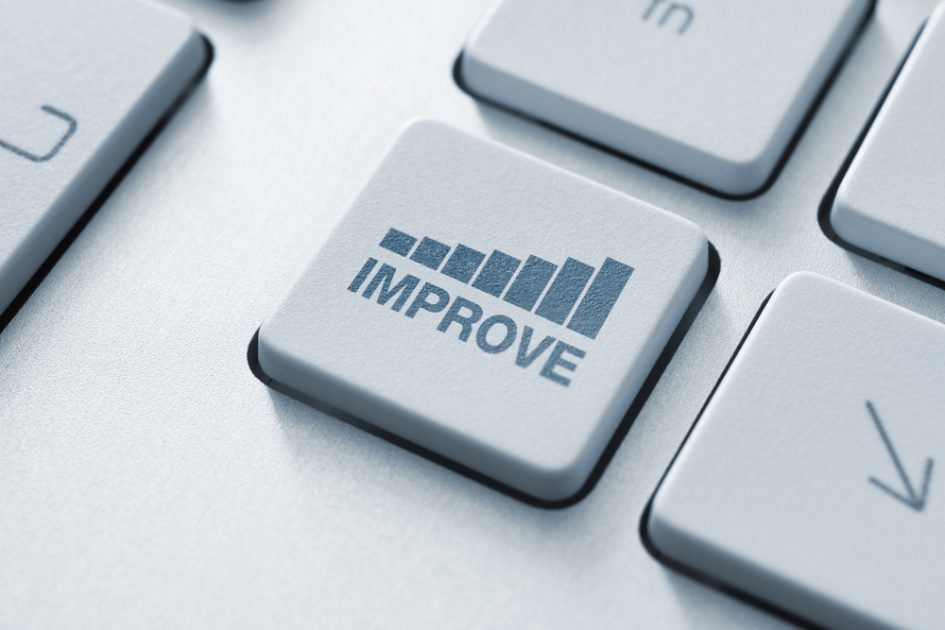If you’ve ever tried to take out a new loan, you know how important your credit score is. If your score is too low, you may have difficulty getting the loan you need. And, if you do find one, you may be paying higher interest rates than other people.
At SkyCap Financial, we specialize in installment loans for Canadians. We know that our customers worry about their credit scores and want to offer some quick advice for moving the needle.
So without further ado, let’s get started.
What is a Credit Score?

A credit score is a number that lenders use to assess your creditworthiness. Your score is based on your credit history, and includes information about your credit accounts, payment history, outstanding debts, and other factors.
In Canada, credit scores are managed by the two credit bureaus: Equifax and TransUnion. Their scores range from 300 to 850, with a higher number indicating a better credit score.
What is a Good Credit Score?
Generally, a good credit score is anything above 700, which indicates a positive credit history. However, this number can vary depending on the type of loan you are applying for. For example, if you want a mortgage, you will need a score of at least 680 to qualify for most loans. However, for smaller personal loans, that number might be lower.
How is a Credit Score Different From a Credit Report?

A credit score is a number, while a credit report is a detailed document that includes your credit history. Credit reports contain information about your payment history, outstanding debts, and other factors used to calculate your credit score.
You are entitled to one free credit report from each credit bureau every year. You can request your free report by visiting Equifax Canada and TransUnion Canada.
Why is my Credit Score Important?

Your credit score is important because it is one of the main factors lenders look at when considering you for a loan. A good credit score indicates to lenders that you are a responsible borrower and are more likely to repay your debts.
A bad credit score, on the other hand, can make it challenging to get a loan and can drive up your interest rate.
9 Quick Ways To Improve Your Credit Score

There are several things you can do to improve your credit score. Here are nine quick and easy suggestions to get you started:
Check your credit report for errors
Checking your credit report for errors is one of the quickest and easiest ways to improve your score. For instance, if you check your credit report and find fraudulent or missing items, your credit score may be inaccurate.
If you notice any mistakes, be sure to dispute them with the relevant credit bureau. This should help quickly boost your score.
Make all of your payments on time
Making all of your payments on time is another easy way to improve your score. Payment history is one of the most important factors lenders look at when considering you for a loan. Nothing can tank your credit score faster than missed payments or late payments.
If you think of it from the lender’s perspective, they aren’t interested in lending money to someone who has late or missed payments on their credit report. This is why making on-time payments is critical to maintaining a high credit score.
Pay off your debts
Paying off your debts is also an excellent way to improve your score. The amount of outstanding debt you have directly correlates to your credit score. This is commonly known as your utilization ratio.
Your credit utilization ratio is the amount of outstanding debt you have compared to your credit limit. For example, if you have a credit card with a $1,000 limit and a balance of $500, your debt utilization ratio is 50%.
Ideally, you want to keep your credit utilization ratio below 30%. So in the example above, you would want to pay off your balance so that you owe less than $300.
So if you have outstanding debts, try to pay them off as quickly as possible. The sooner you get them paid off, the better your credit score will be.
Keep your credit card balances low
Keeping your credit card balances low is another way to improve your score. Credit card debt can multiply if you don’t make the minimum payments. It can be easy to get in trouble with your total debt and your credit utilization if you get on the wrong side of your credit card.
If you have multiple outstanding debts and need to prioritize a particular loan, start with your credit card debt. Closing an outstanding balance on your credit card account will help you boost your credit rating.
Apply for new credit only when you need it
Applying for new credit only when needed is another good way to maintain and improve your score. If you apply for too much credit, it can harm your overall credit rating.
If you think about it from a lender’s perspective, it can be suspicious if someone is applying for new credit from multiple sources at the same time. It seems desperate and can be flagged by lenders as a risk. This is why the major credit bureaus mark new credit requests on their reports, and why too many requests can hurt your score.
The takeaway? Only apply for new credit when you actually need it.
Finding the right credit mix
Using different types of credit is also an excellent way to improve your score. Lenders like to see that you can handle different types of credit responsibly. If you can, try to use a mix of revolving credit (i.e., credit cards) and installment credit (i.e., loans), assuming you can handle the monthly payments.
Monitor your credit report regularly
Regularly monitoring your credit report is an excellent way to catch errors early and prevent them from affecting your score. Every Canadian is entitled to one free credit report from the credit bureaus each year.
This is an excellent financial habit as it will help ensure you don’t get impacted by incorrect or fraudulent data on your credit report.
When ready, you can request your free report by visiting their websites: Equifax Canada and TransUnion Canada.
Protect your personal information
Protecting your personal information is also crucial for maintaining a good credit score. If your personal information is compromised, fraudsters could use it to open new accounts in your name and damage your credit.
Be sure to keep your personal information (like your social insurance number, driver’s license, and passport) safe. Keeping your data secure will help you avoid fraudulent activity on your credit report.
Seek professional help if you need it
If you are having trouble managing your credit, professional help is available. Credit counseling services can help you develop a plan to get your debt under control and improve your credit score. Many of these services are offered either for free or a nominal fee.
In addition, if you want to learn more about managing your financial life, check out SkyCap University. It can help you improve your financial literacy, and people can even qualify for lower interest rates on their SkyCap loans once they have completed this free course.
Final Thoughts
Improving your credit score can help you save money and make getting approved for loans, credit cards, and mortgages easier. If you’re unsure where to start, try following the tips above. And if you need more help, seek professional assistance from a credit counseling service.
Following these simple steps can improve your credit score in no time.
Do you have issues with your credit score and need a loan? SkyCap helps Canadians get the loans they need when they need them. Check out our application page to get started quickly.







